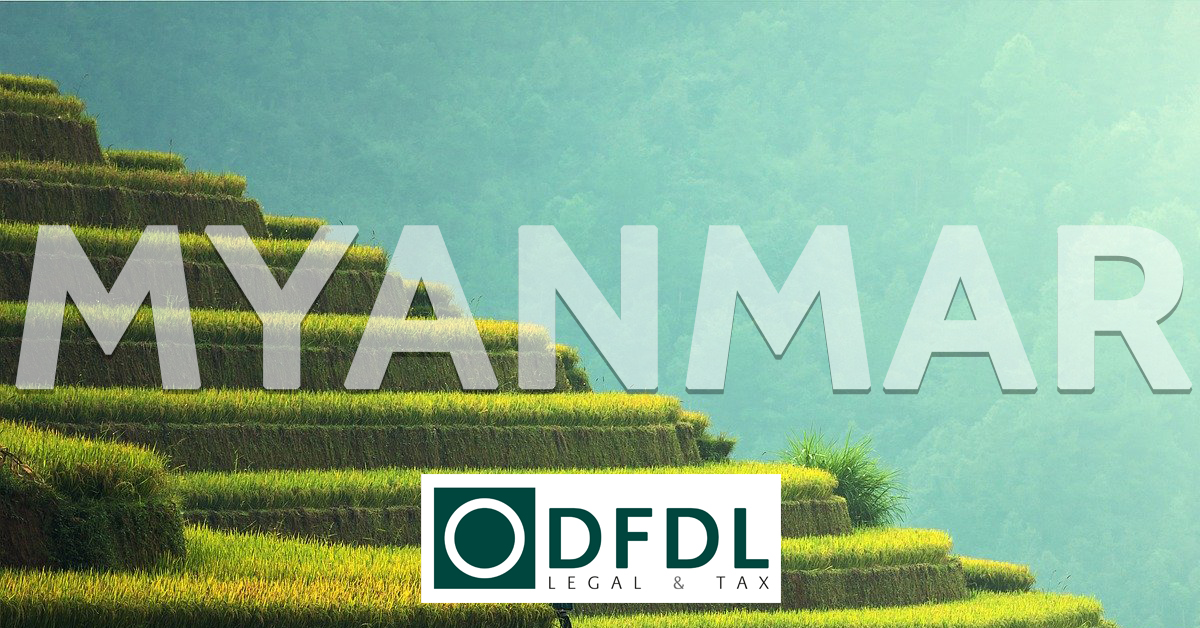 On October 7, 2016, the US ended its Myanmar sanctions programme. As a result, interest in investing in Myanmar is back on the rise, and with it the search for local partners.
On October 7, 2016, the US ended its Myanmar sanctions programme. As a result, interest in investing in Myanmar is back on the rise, and with it the search for local partners.
The removal of restrictions involving new investment, financial services, imports of gemstones and targeting Specially Designated Nationals (SDNs) listed under the Myanmar sanctions programme significantly reorganises the hierarchy of counterparty risks in Myanmar for most multinational companies.
During the Myanmar sanctions period, a central focus of many transaction risk assessments was the identification of SDNs and their proxies within the ownership or control structure of counterparties. For legal teams in firms exposed to US regulations, this information was critical to investment decisions.
However, a clean bill of health from a sanctions perspective sometimes distracted decision-makers from other fundamental problems such as land-rights questions, corporate governance issues and deficiencies in technical capacity.
At the same time, a number of unsanctioned companies were overvalued by foreign entrants, the willing recipients of a halo effect created by their unsanctioned status. Upon closer inspection, many of these businesses may have had an origin-of-wealth story that was just as troubling as the sanctioned entities. Many of these unsanctioned entities were often lower-profile companies that had avoided the attention of foreign embassies, and they are just as opaque today as they were when the sanctions were in place.
The removal of the Myanmar sanctions goes beyond delimiting relationships with the powerful military-linked conglomerates and tycoons. More than simply opening the country for business, the end of sanctions rebalances who is and who is not an acceptable partner in the country along a different set of criteria.
As the government of Myanmar now solely influences investment in the country, the National League for Democracy will push its agenda of transparency, anti-corruption, environmental awareness through its own laws and policies. As this agenda develops, new winners and losers will emerge in the competition to become the country’s flagship enterprises, and it is possible that previously sanctioned companies will assume these roles — particularly if the story of Indonesia’s Suharto-linked “crony” businesses is instructive.
However, foreign companies investing in or operating in Myanmar will continue to face a high level of scrutiny and sustained reputation risk from a range of directions — and potentially at a level above most of its Asean neighbors.
For example, issues related to corruption, land rights, forced labour/human trafficking, unregulated mining, environmental destruction and the narcotics trade, among others, continue to present tangible risks across the economy — frequently seen in our work.
Corruption in particular has the potential to escalate as regional autonomy in Myanmar grows in a way similar to that of Indonesia’s Desentralisasi — a policy which quickly increased local-level corruption across the archipelago. Given the continued role of the Myanmar military in the economy and in politics at the national and regional levels, as well as the economic interests of non-state armed groups, identifying risks connected to transactions will remain complex. This is compounded by high opacity in the local information environment and the regularised use by Politically Exposed Persons of proxies, nominees and intricate offshore vehicles developed during a long period of sanctions.
Ethnic conflict, sectarian and racial issues, and the cartelisation by military-linked companies will continue to intersect with investments, projects and partnerships in ways that may surprise foreign businesses.
Beyond sanctions, other legislation with potentially global reach such as the US Foreign Corrupt Practices Act, California Transparency in Supply Chains Act, the UK Bribery Act and the UK Modern Slavery Act can also potentially be triggered by abundant local and regional factors. On-the-ground, independent, professional investigation can help potential investors identify related risks and mitigate such challenges.
An undeveloped culture of corporate governance in Myanmar also means that substantial pre-investment due diligence, post-acquisition investigation and anticorruption education remain critical elements of an investment and/or sustained expansion in this market.
Companies willing to take the risks required to be part of Myanmar’s growth must continue to tread carefully and responsibly — and to soberly evaluate who they are dealing with and the realities of the opportunities at hand.
–––––––––––––––––
Email: cozturk@kroll.com
Website: www.kroll.com

















